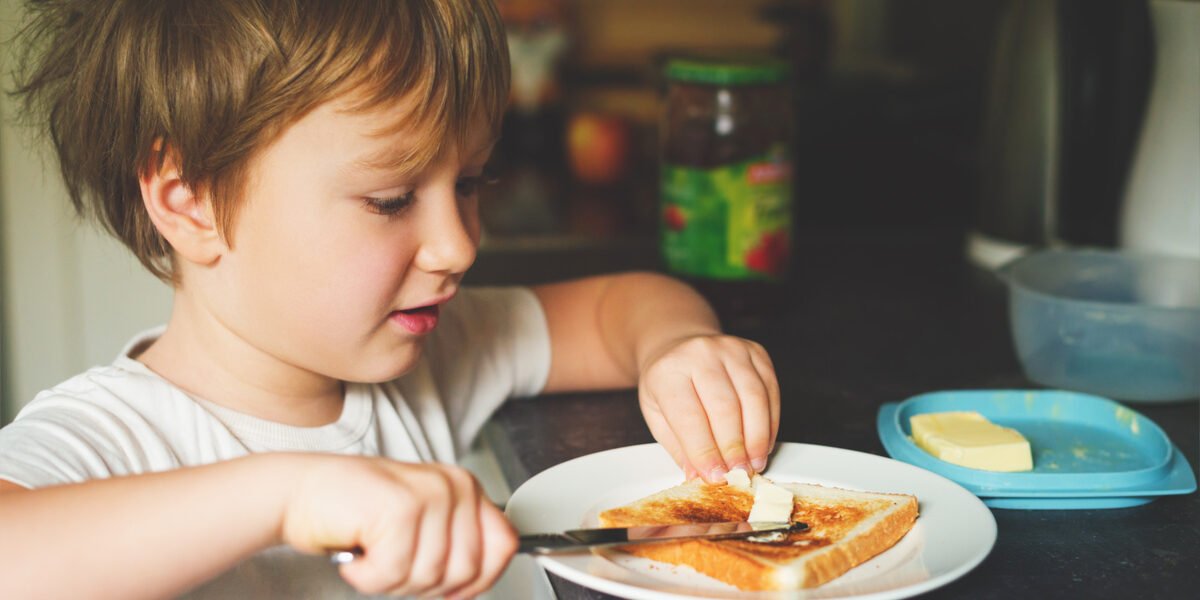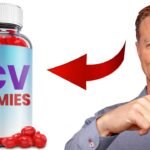Table of Contents
Discover the health benefits of Give Your Kids More Butter and adding more butter to your kids‘ diet. Learn about Vitamin K2’s role in supporting bone and dental health.
Discover the surprising benefits of including more grass-fed butter in your kids’ diet. From boosting vitamin K2 levels for improved bone and dental health to enhancing overall growth and development, learn why butter might be the superfood your child needs. Read on to uncover the science and practical advice from Dr. Berg on incorporating healthy fats into children’s meals for their optimal wellbeing.
Should Give Your Kids More Butter?
Let’s talk about why it’s better to give your kids more butter .
Now as a child , I craved butter .
I remember as a child always consuming way more butter than anyone else .
In fact , I would go in the refrigerator and consume , probably a half a pound of butter in one sitting .
Little did I know , I was very , very deficient in vitamin k 2 , and my body just went to the source of where you get k 2 , in grass fed butter .
You can also get it in cheese , of course , grass fed .
It’s in grass fed meat .
It’s in egg yolks .
It’s also in fermented veggies .
Why is vitamin K2 important for infants and children?
And so why is this vitamin k 2 so important , for infants and children ?
Well , because vitamin k 2 is intimately involved in the development of your facial bones .
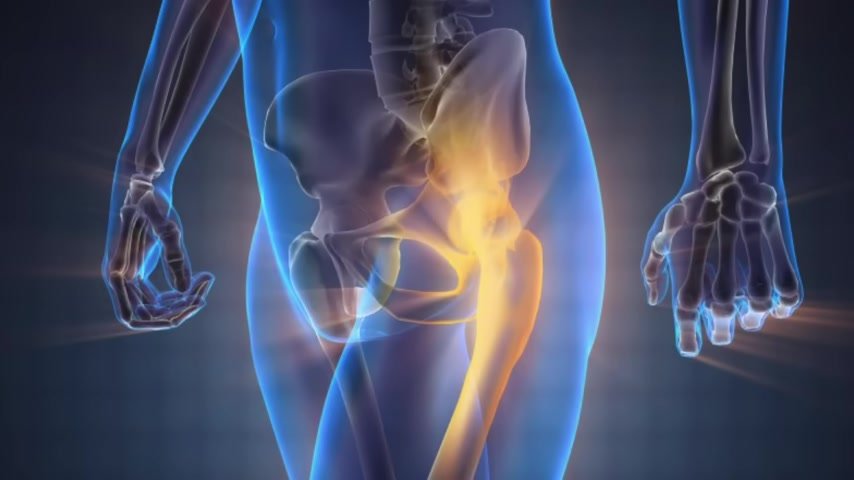
Your facial structure , your teeth , preventing cavities and premature calcification of the cartilage in your at the end of your bones .
And so if you don’t have enough vitamin k 2 , instead of having the normal cartilage that allows your bones to grow , you can have a calcification of that cartilage and end up actually just being shorter than you should be .
Vitamin k 2 , is essential in protecting the heart , keeping the calcium out of the arteries and in the bones .
Vitamin k 2 is not just important for your facial bones and preventing cavity .
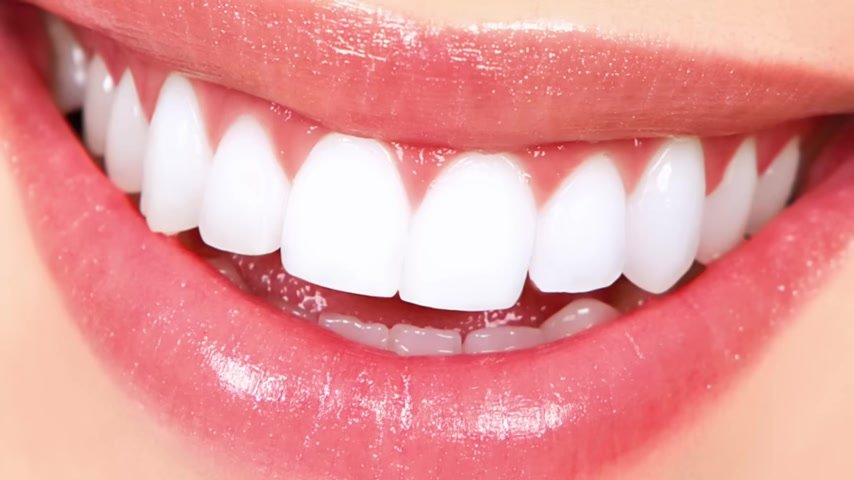
It’s good for everything connected to to your teeth and even possibly preventing someone from getting braces because they have good dental structure .
There was a really good book that I read .
It’s called Nutrition and Physical Degeneration by Weston Price , written in 1945 .
An amazing book written by a dentist who traveled around the world looking for why certain traditional cultures had very good health , perfect teeth , perfect dental structure , and other cultures did not .
And he isolated this down to what’s called the x factor or activator x , he called it .
He isolated the source to be in , butter fat , organ meats , animal fats from grass fed animals , and , fish eggs .
Well , it turns out that this x factor really is vitamin k 2 , which was discovered not long ago .
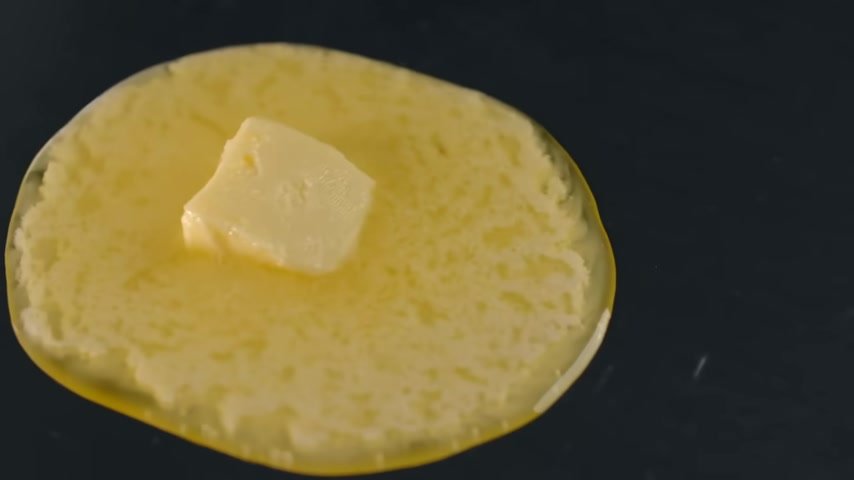
Now , animals that consume grass , which is loaded with vitamin k 1 , then convert the k 2 into the animal fat or the milk , which then is converted to k 2 from microbes in the gut , and that can then turn into the cheese or the buttermilk .
So this is why a mother , who’s breastfeeding , gives the child a lot of vitamin k 2 , and the children that are not breastfed are more likely to have a vitamin k 2 deficiency .
Now also , the lactic acid bacteria in your gut can convert k one to k two .
Now vitamin k two also , activates the function of other vitamins , fat soluble vitamins , like vitamin a and vitamin d , which both are very vital in a child developing their immune system .
What you can do
And this is why in generations past , we were given cod liver oil because it’s a perfect balance of vitamin d and vitamin a .
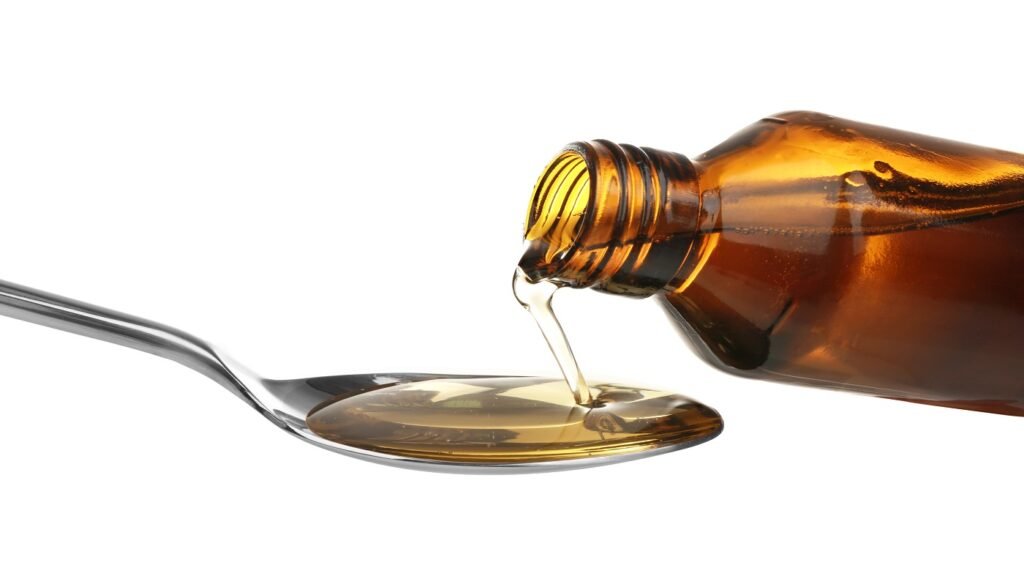
I think if you were to raise your children on not just cod liver oil , but high quality grass fed butter , I think they would have very good dental structure .
I think they would have minimal cavities .
I think they would have healthier hearts .
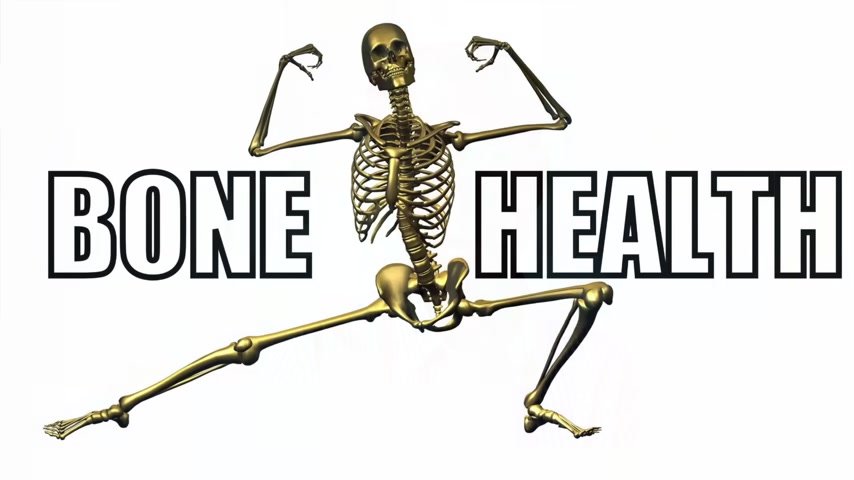
I think they would have much stronger bones .
And so I just wanted to do this topic to raise your awareness on the importance of vitamin k 2 and the source of that , which would be grass fed butter .
key Points:
Why vitamin K2 is important for infants and children:
- It plays a crucial role in the development of facial bones
- It can help prevent cavities and premature calcification of cartilage end plates
- It protects the heart
- It helps support the structure of the teeth
- A mother who breastfeeds gives her child a lot of vitamin K2, while children who are not breastfed are more likely to have a vitamin K2 deficiency. Lactic acid bacteria in the gut can also convert vitamin K1 to K2.
- vitamin K2 activates the function of other fat-soluble vitamins (like vitamin A and vitamin D), which are important for the development of a healthy immune system in a child. Cod liver oil has a great balance of vitamin D and vitamin A
- I believe it would be a fantastic idea to raise a child on cod liver oil and high-quality grass-fed butter to help support their teeth, heart, and bones.
DATA:
https://fdc.nal.usda.gov/fdc-app.html
FAQ:
How do you give butter to kids?
Butter can be introduced to kids as part of their regular meals in various delicious and healthy ways. Here are some suggestions:
- Spread on Toast: A thin layer on whole grain toast or on top of pancakes.
- Mixed into vegetables: Melted over steamed vegetables to enhance flavor and help in the absorption of fat-soluble vitamins.
- In Cooking: Use it to cook eggs or to sauté vegetables.
- Baking: Incorporate it into healthy baking recipes like muffins, bread, or homemade granola bars.
- Added to Porridge or Oatmeal: A small dollop can make these breakfast staples creamier and more appealing.
Is it normal for kids to eat butter?
Yes, it is normal and can be part of a balanced diet. Butter is a source of fat, which is crucial for children’s growth and development, especially for the development of the brain and nervous system. However, it should be given in moderation due to its saturated fat content and used as part of a diet rich in whole foods, fruits, vegetables, and whole grains.
Can you give a baby too much butter?
Like any food, it is possible to give a baby too much butter. While butter provides beneficial fats necessary for brain development, excessive amounts can contribute to an imbalance in their diet. Babies need a variety of nutrients from different food sources. It’s important to ensure that dietary fats come from various healthy sources to provide a balance of saturated, monounsaturated, and polyunsaturated fats.
Why you should eat more butter?
Butter, especially when made from the milk of grass-fed cows, can be a healthy addition to your diet when consumed in moderation. Here are some reasons:
- Rich in Vitamins: Butter is a good source of fat-soluble vitamins such as Vitamins A, D, E, and K2. Vitamin K2 is particularly important for bone and heart health.
- Contains Butyrate: Butyrate is a short-chain fatty acid found in butter that can support digestive health and reduce inflammation.
- Conjugated Linoleic Acid (CLA): Grass-fed butter contains CLA, which has been linked to fat loss and improved body composition.
- Flavor Enhancer: It adds richness and depth to food, making healthy

